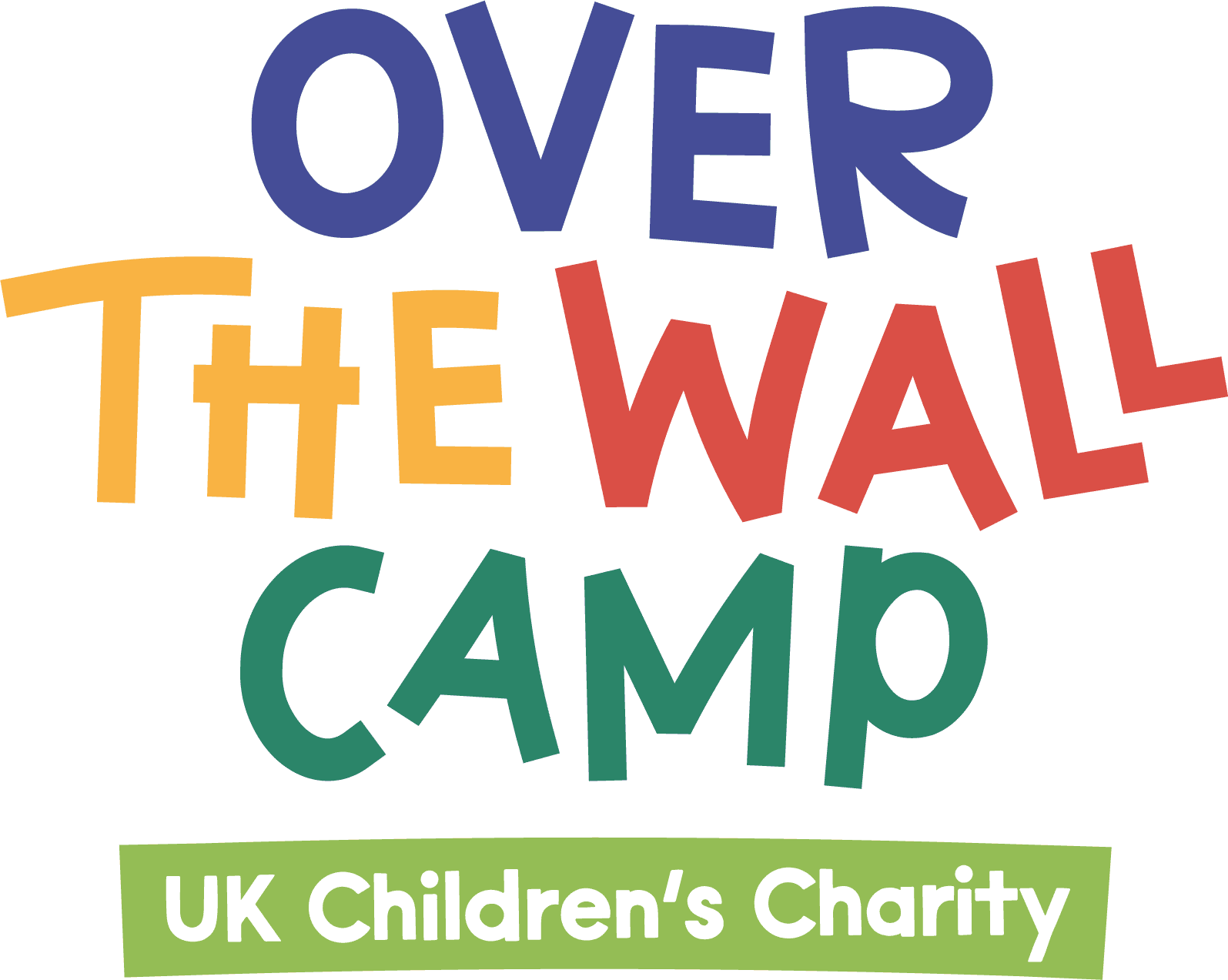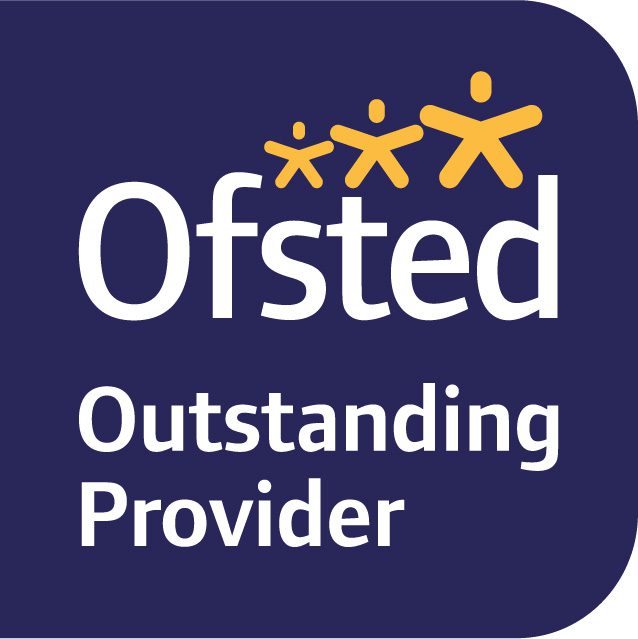




Camper FAQs
Camp Partnerships
These FAQs are indicative of the common questions raised by prospective partners.
For more information or to arrange a meeting contact Allan Jolly: Director of Business Development 07703 219059 allan.jolly@otw.org.uk
No. This is a collaborative effort with OTW and our partner charity agreeing to work together and share defined responsibilities (OTW do all of the heavy lifting and our partners are primarily responsible for advertising and recruiting applicants from their members or community and delivering some content) ensuring we are aligned in terms of outcomes, values and culture. Camp is a joint effort, and we must be confident that we are both committed to the actions necessary to make camp a success.
We will work together to determine how your strategic vision and operational outcomes can be met and how camp improves your services, what families get out of attending and how camp contributes to delivering your vision. The camp will be designed to meet the needs of both our organisations.
It is our stated policy to offer Partnership Camps and Camperships at a very much reduced cost, we therefore calculate the cost presented to you by annualising and averaging the cost of each camp type. This means that OTW raises and contributes the large majority of costs, which is around two thirds.
By working together, we are also meeting one of our outcomes of providing camps for more people every year. So,we commit to raising and committing most funds necessary for the camp. This also provides an incentive for other charities to work in partnership with us without taking any major financial risks. We believe we are stronger together and this is our way of demonstrating commitment.
OTW needs to plan camps, book sites and accommodation up to two years in advance. We appreciate our partners may not be able to commit the necessary funding this far ahead, so we only ask for a contribution, towards a proportion of the deposit (£2k for residential and £1k for Camp in the Cloud) at the earliest opportunity – this allows us to confirm the booking, facilities and dates. The remaining cost is not required from our partners until the 1st April of the year the camp is due to take place.
The specific name of camp is open for discussion – it is a partnership so your branding and logo will be prominent in marketing materials, and where possible on the website and on the Seriously Fun box – it will be marketed as your camp in conjunction with Over The Wall.
Volunteers wear OTW T-shirts and campers can wear your charity T-shirt if you want to provide them (residential camps only)
OTW takes care of all the recruitment, training, reference checks and Enhanced DBS checks for all volunteers, including the medical teams.
This is the main practical responsibility for our partner. OTW will support our partners, by undertaking all the assessment, medical and wellbeing checks, contacting and preparing parents for camp. All we ask is for partners to ensure they advertise, market and promote camp widely to their members and do all they can to ensure all places are filled.
We deliberately over-recruit for each camp. This is necessary as we need to make contingency plans for people who withdraw or are unsuccessful in their application. Not everyone who applies will be eligible, personal circumstances change, it is not uncommon for young people to have a change in their health status and sometime people, despite accepting a place at camp, just don’t turn up. Experience tells us that we need to work on assessing up to double the amount of families that we can take to camp to ensure we run at maximum numbers.
If this happens, OTW will absorb all costs and no additional cost is passed onto our partners.
Before we open for recruitment, we will have agreed a joint communication and promotion plan. From the point that recruitment opens, we keep a close eye on the numbers and have regular conversations to address any shortfall. If, as the closing date approaches, it looks like we will not recruit enough campers to make camp viable, we may offer places to OTW applicants. OTW camps are always oversubscribed and, as it is our primary aim to offer camps to as many people as possible, we do need to run all camps at maximum capacity, and this applies to partnership camps too. We will always try to substitute campers with the same conditions as our charity partner’s campers. To date this has never happened as the interest in these camps is always high.
Our partners use a variety of methods to bring the opportunity to attend camp to the attention of their members/community. We will discuss the best method of identifying suitable potential campers and put a process in for managing that. Ultimately, all campers need to meet the OTW criteria having been assessed by our nurses and camper wellbeing teams. This is necessary to ensure we have the right staff and equipment in place for each camper, so that each camper is safe, gets the most out of camp and to ensure we meet the requirements for our insurance cover.
We welcome applications from young people age 8-17 to attend Health Challenge and Siblings Camps. Family Camp: OTW is specifically designed for children age 8-17 and therefore whilst any family with a child, age 0-17 could apply directly to OTW, there must be at least one child age 8-17 in the family.
If the child with the health condition is under 8, and an only child, the family will not meet the application criteria. Families with one very young child (0-7) cannot engage in the programme of activities in the same way, (several activities require parents and campers to undertake separate activities at the same time in different locations) and OTW do not provide creche facilities. However, we recognise that some families would miss out if we didn’t take younger siblings.
OTW has in place insurance to cover the running of camp and all attendees (Public Liability, Product
Liability, Employers Liability, Pollution Liability).
We believe in the quality of relationships and as such, we ask partners to sign a Letter of Intent/Agreement that outlines all the necessary detail and responsibilities. We try to avoid unnecessary bureaucracy, jargon and complications. Communication between the OTW Director of Business Planning and our partner’s main point to contact is key.
This is a joint effort and OTW have considerable experience on purposeful planning and there can be dedicated time for you to meet with campers/parents if required at residential camp and facilitate live zoom calls during Camp in the Cloud.
Yes. There is plenty of opportunity to attend residential camp and welcome campers as they arrive, specific sessions and the closing ceremony. Due to safeguarding, visitors will be escorted throughout and cannot reside overnight on site. Partners are very welcome to undergo OTW volunteer training and attend the full camp as a volunteer and would be accommodated on site.
OTW provide experienced doctors, nurses and paramedics on site 24/7 for the duration of camp. OTW nurses undertake a full assessment of the campers medical and psychosocial functioning ahead of camp as part of the selection criteria. Care plans are developed to ensure all aspect of treatment are catered for at camp.
This depends upon the type of camp and it varies from around 1 adult to 1 camper at a Health Challenge Camp to 1 to 2 volunteers per family at our family camps.
All staff and volunteers undergo Enhanced DBS (or Scottish equivalent) checks and cannot attend camp without this. There is a dedicated safeguarding officer at every camp.
Yes. We can discuss this when we look at the programme. Time will be built into the schedule for this.
Some partners use this time to inform parents about the services available to them, discuss specific issues/treatments, inform strategy, develop support groups etc.
OTW will advertise the camp on the in house website (using your branding). Depending upon your needs, your charity can design and provide other publicity materials, for use electronically or in printed form. Partners are responsible for all promotion/advertising to their members/community.
We use a variety of evaluation methods and we have strong research evidence to indicate that camp has a positive benefit on campers’ self-esteem, confidence, resilience, willingness to try new things, improving sociability and reducing stigma. We have, over recent years, worked with several Universities to undertake both qualitative and quantitative evaluation of the impact of camp and we have published the results in professional peer reviewed journals.
OTW commits to raising most of the funds for camp. We ask our partners to raise their contribution of costs independently. Of course, our fundraisers will liaise to ensure we provide supporting information, including statistics and case studies, to ensure we do not duplicate bids and that they are ethically acceptable to both charities.
We use a variety of evaluation methods and around 4 weeks after camp you will receive a written report outlining: recruitment data, any issues occurring at camp, campers’ feedback and photographs for use by your charity. All quotes, photographs provided to you have been solicited with the permission of the campers and can be used by your charity in publicity material.
We will then use this as an agenda for a post camp meeting to review camp and the entire end-to-end process in detail.
The recent situation, for example with COVID-19, meant we needed to pivot as we could not run residential camps as we cannot do anything that will place our campers at unnecessary risk. Nor do we want to disappoint families therefore, so we will do our best to either: reschedule, make necessary adjustments for a modified camp or provide an alternative such as a Camp in the Cloud experience for campers.
If you have any further questions, please contact – Allan Jolly: Director of Business Development 07703 219059 or allan.jolly@otw.org.



